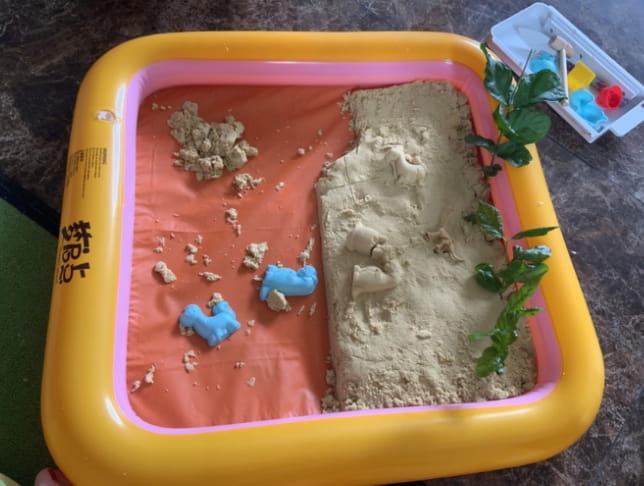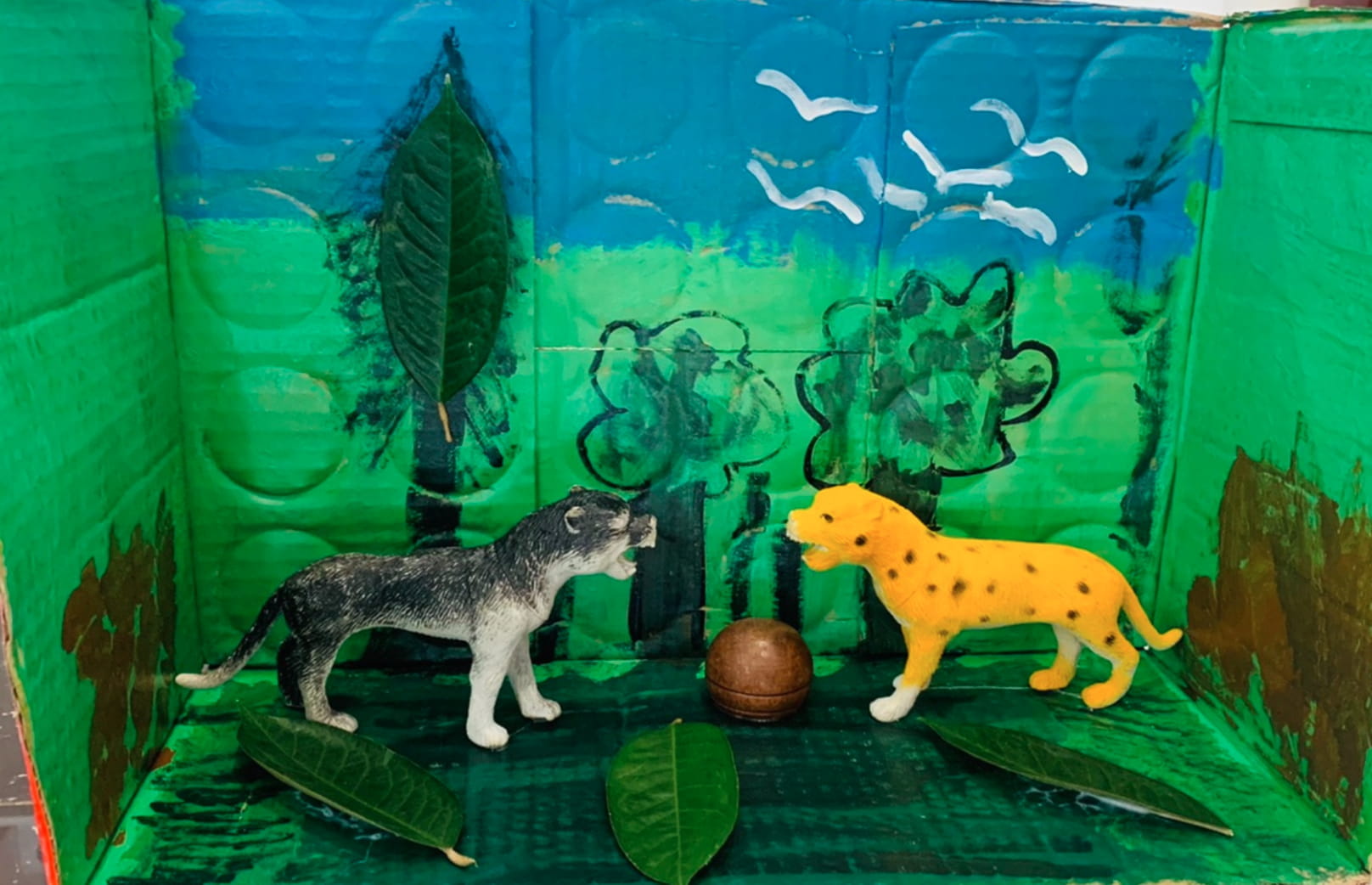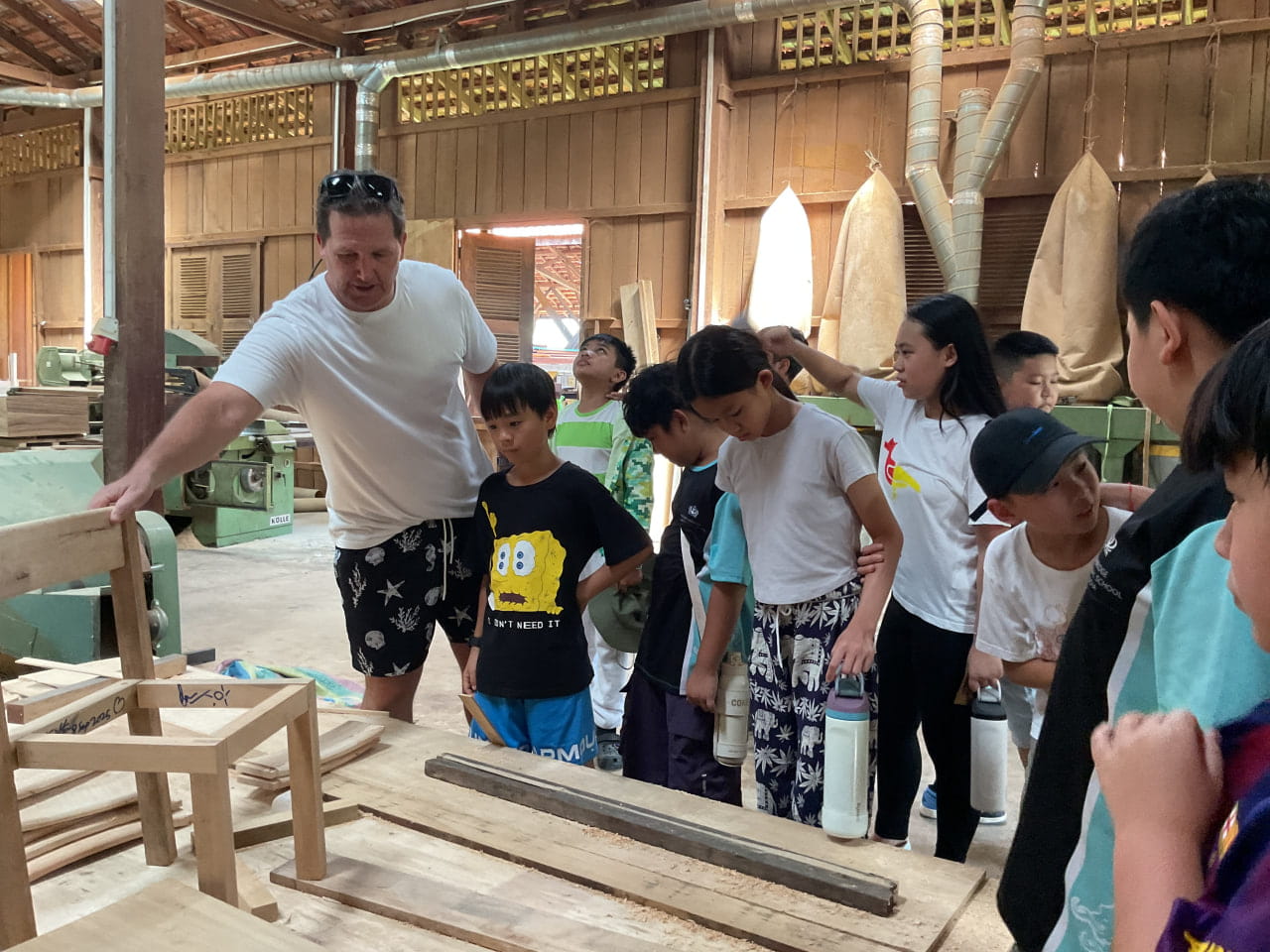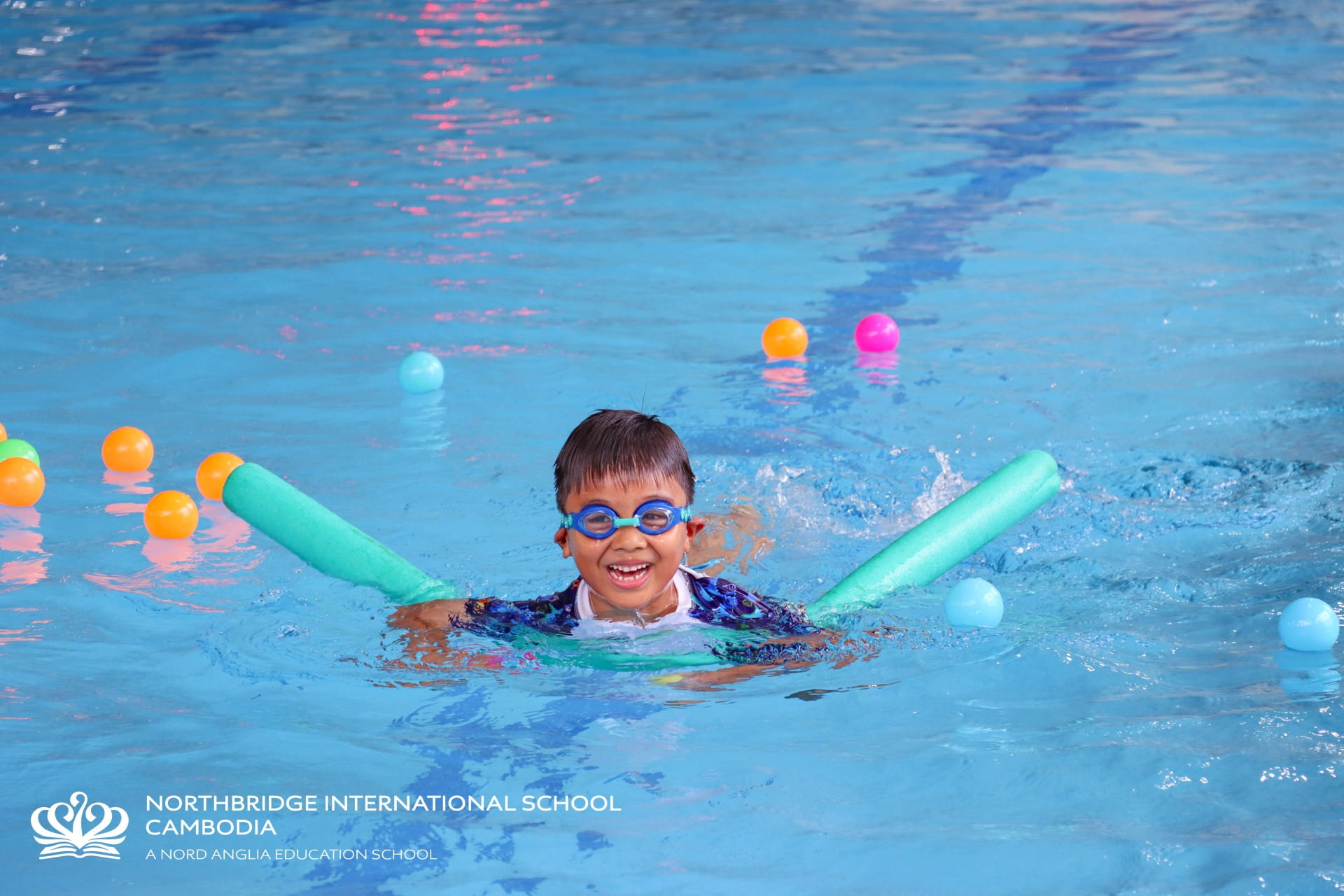How the skills gained from a STEAM education at Northbridge can be translated into any career STEAM refers to science, technology, engineering, the arts, and mathematics. STEAM education is becoming an increasingly important part of a modern curriculum, and at Northbridge International School Cambodia we recognise the benefits that a focus on this area can deliver to our students.
STEAM refers to science, technology, engineering, the arts, and mathematics. STEAM education is becoming an increasingly important part of a modern curriculum, and at Northbridge International School Cambodia we recognise the benefits that a focus on this area can deliver to our students.
A big part of our education system’s function is to prepare students for the future workforce. With the growing development of technology, many of the fastest-growing occupations are in STEAM fields (such as engineering, bio-technology, software development) so it’s easy to see why STEAM education is becoming more popular in education.
Even for students who will not ultimately choose a career in one of the STEAM fields, the skills gained from a STEAM-focused education can be translated into any career, and are also valuable life skills in their own right.
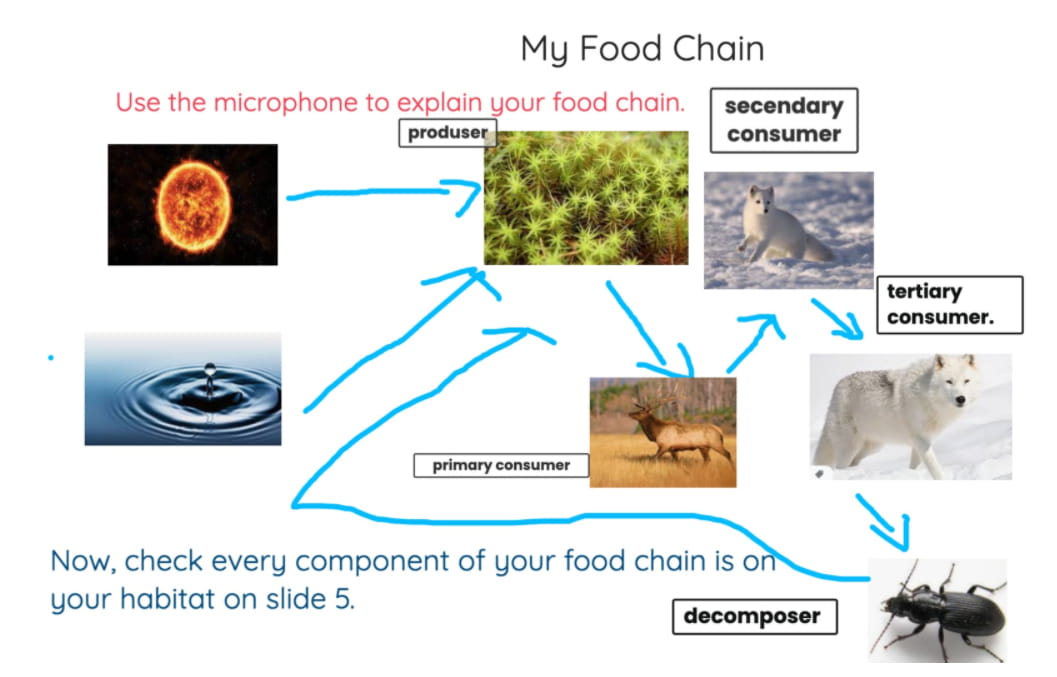
According to the the USA’s National Education Association, the four primary skill areas that will be necessary for life in the 21st century are:
These skills are all developed through STEAM. An important aspect of the STEAM approach is that students aren’t just taught subject matter, they’re taught how to ask questions, how to be innovative and how to create. This allows them to approach any situation with an open mind and mindset that is creatively wired.
In the Primary School at NISC we have not allowed our virtual learning environment to stand in the way of developing our STEAM skills, and there have been weekly challenges for students to complete at home.
These have included building Rube-Goldberg machines, making air-powered rockets, designing and building a rain-gauge, making a marble-maze and creating a piece of kinetic art. The submissions for these projects have been fantastic and show the level of creative-thinking and problem-solving among our students here at NISC.
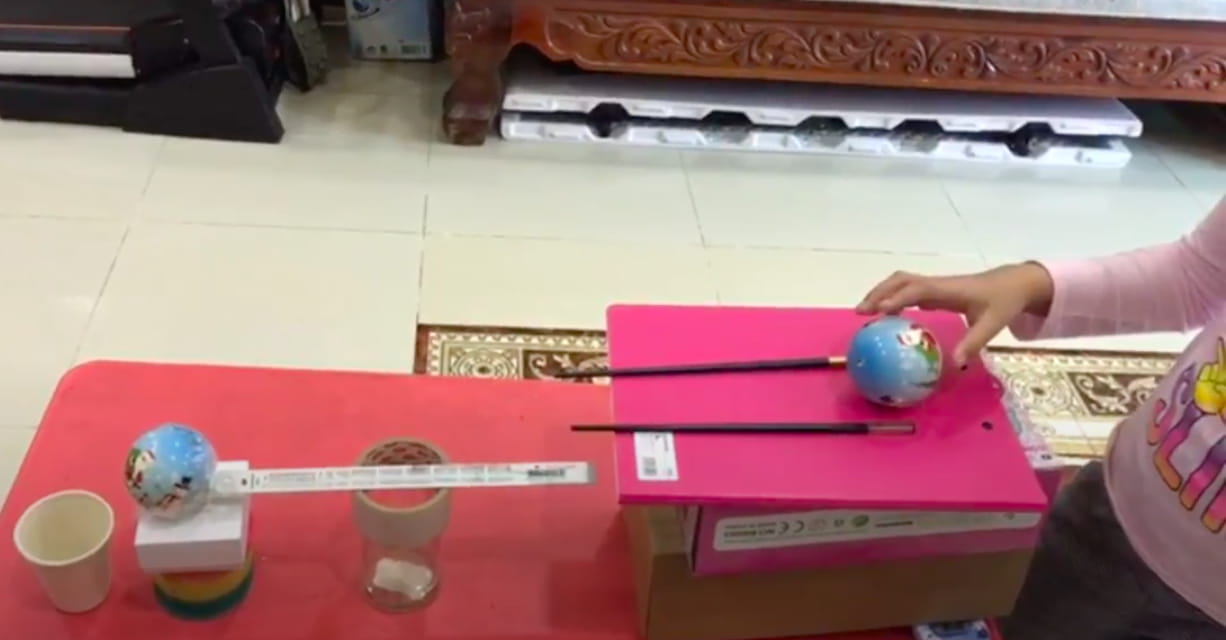
In the Primary School at NISC we have not allowed our virtual learning environment to stand in the way of developing our STEAM skills, and there have been weekly challenges for students to complete at home.
These have included building Rube-Goldberg machines, making air-powered rockets, designing and building a rain-gauge, making a marble-maze and creating a piece of kinetic art. The submissions for these projects have been fantastic and show the level of creative-thinking and problem-solving among our students here at NISC.
